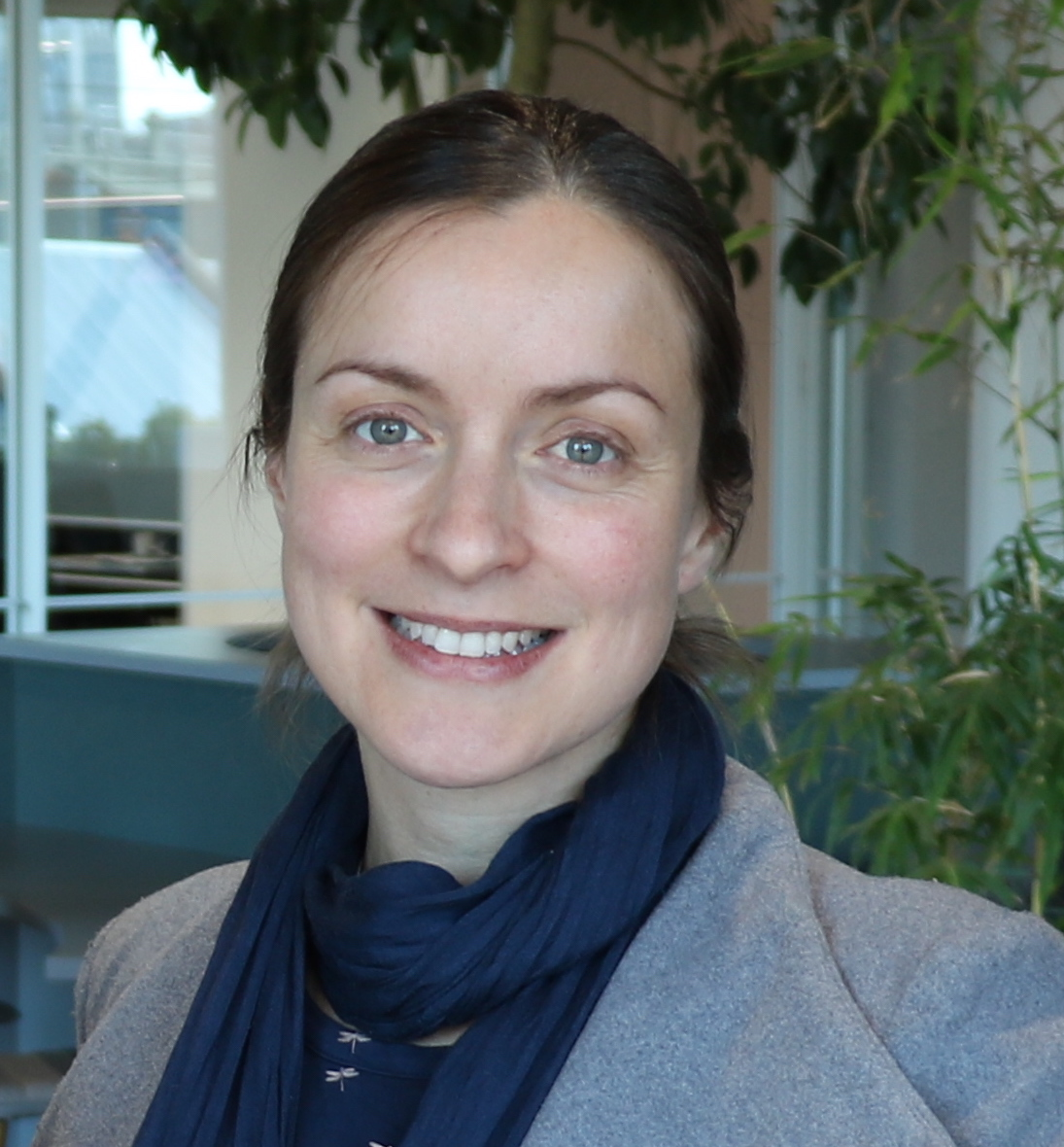Reflections from the lab: becoming more data driven
By Sarah Barker, Our Community
July 12, 2019
The launch of Our Community House in March 2019 marked a significant shift in the Innovation Lab. Our focus has expanded beyond building our own data science capability: we are now working out how we can help other organisations to harness the power of data. The last three months have been full of exploration and conversations, new ideas and partnerships. So what have we learned so far about becoming more data driven?
It's a lot of work
Improving your data capability is hard work. It's not necessarily difficult work but it does take time. Some fundamentals include deciding what data to capture, how to ensure that data is captured consistently, building some reports and developing standards. Each of these tasks requires input and agreement from multiple people. There is scoping, design, implementation and monitoring. Often there are gaps uncovered, requiring additional thought and potentially new skills.
It can feel like a lot of work to get some basics in place and it can leave you wondering, 'Am I doing this right?'. It can be quite disheartening and takes perseverance. It's only once you get those basics in place, and the data starts becoming useful, that you start feeling that those efforts are being rewarded.
As an example, you might be capturing client information in a database. This is a new system, so as well as capturing real client information, you have entered some information to test the system. You realise (with dismay) that the test data is skewing your reports. In order to exclude this information from your reports, you need to establish a process for entering test data and a naming convention so it can be easily identified. This involves gaining agreement on the approach, ensuring people follow the agreed approach, and cleaning up what is in there - this takes time. Once you are confident that the data you are reporting on is real data, you can start to feel confident about the results in your reports.

Sarah Barker, Innovation Lab
It's iterative
I hate to be the bearer of bad news, but it's unlikely you'll get everything completely right the first time. You'll want to think strategically and take a considered, methodical approach in order to put some good solutions in place. However, it's important to acknowledge that this is a learning process. It can be a challenge working out the right balance between ambition (what would we like to understand better?) and practicality (what systems, people and processes do we need to have in place to achieve that?).
If you try to do too much, too soon, you may end up with patchy data, unusable IT and a frustrated team - and you might feel as though you're back to square one. So, our advice is to start small. Pick one area you'd like to explore. Or a couple of indicators you'd like to track. Work out what data you need to capture. Work out how you will capture it (low-tech to begin with). Start capturing it. Then loop back and see if you've got what you need and if you'll be able to reach your goal. If it's all going well, you can set some bigger targets, building on what you know.
To illustrate this point, imagine you've come up with some categories you would like your team to report against. The categories are loaded into your new database. To associate a record with a category, users must select a category from a drop-down menu. After a few months of collecting data you realise that everyone is picking the first category; no one really understands why categories are needed, and this is the fastest way for them to get data into the system. It may have been better to defer the use of categories until later, when the team was more comfortable with the new system and some of the other usability issues had been ironed out.
Sometimes, it's accidental
We have discovered that people in the social sector often end up working with data by accident. They didn't set out to be data experts and didn't arrive there as part of a typical career trajectory or through any formal training. Perhaps they started as social workers and decided to use Excel to capture notes about their clients and cases. Then they started to build a few charts to look at client characteristics or changes over time. Before they knew it, their colleagues started seeking their help to do their own data-related tasks and they were being called upon to build reports (and more reports … and more reports).
If you are an accidental data expert, you are not alone and you probably know more than you think you do.
This type of data expertise is worth its weight in gold, particularly when combined with subject-matter expertise in a particular sector. We offer tutorials and meetups to help accidental data experts to build data skills and link with other people working with data.
It's powerful and can be transformative
Over time, as you work with data you start to develop a data mindset. You start to see how data can be used to contribute to solving many problems.
When making a decision, you want to pull together some evidence.
When designing a new program, you look to previous programs to see what you can learn. You want to know what everyone else is doing and wonder how you can pool your knowledge.
You start to consider what you might be able to predict and how you can optimise your work. You look for opportunities to automate.
This can be an exciting journey, if you can just get started.
Questions, comments, feedback?
We're always happy to hear from you! Email us at service@ourcommunity.com.au
You can read more about the Innovation Lab at www.ourcommunity.com.au/innovationlab
